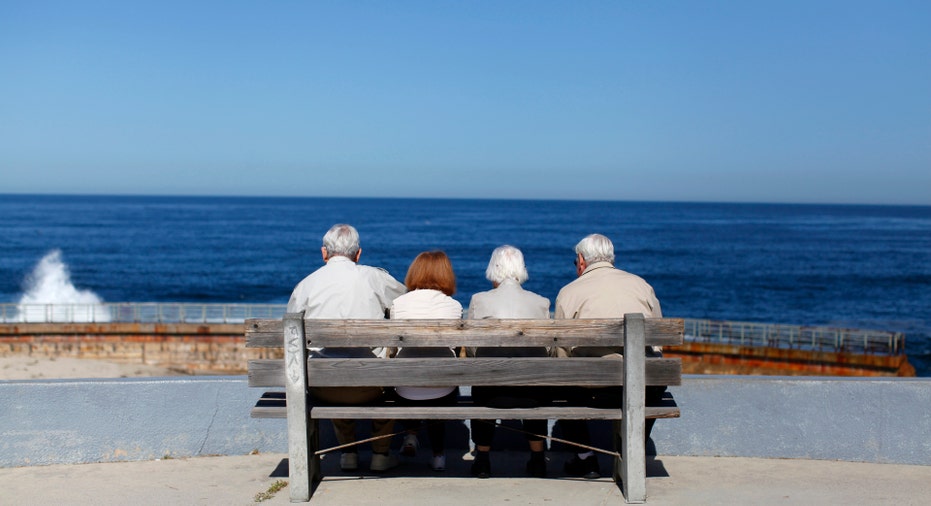Tips for baby boomers on how to deal with loneliness

As we age, the changing physical and mental health and challenging life events like the loss of loved ones and retirement increase the risk for isolation. Research shows that prolonged isolation can have a negative effect on older adults and is a risk with significant consequences.
According to the new AARP Foundation website Connect2Affect, 17% of American adults age 65 and older are isolated, and research shows a 26% increased risk of death due to subjective feeling of loneliness. Six million adults age 65 and older have a disability that prevents them from leaving their homes without help and 51% of people age 75 and older live alone.
“There is no magical age at which we need to abandon our dreams and surrender our possibilities,” said renowned psychologist Dr. Andrea Brandt.
Increasing numbers of Americans are suffering from chronic loneliness, a disturbing trend that poses more of a public health threat than obesity. Dr. Brandt discussed with FOX Business these tips on how baby boomers can deal with loneliness.
I imagine part of the reason why there's an increase in the number of baby boomers affected by loneliness is due to the way we age and the way families interact as we age has changed. It used to be that we would grow up and grow old in the same city or town. As a child, your grandparents lived nearby, and then someday you'd be that grandparent and live near your grandchildren. Now people grow up and move to a different city for college, and then a different city for their job. It makes sense that all that dislocating would make us feel isolated. So what can be done about it?
I'd start by looking at your current living situation. Ask yourself if you're living your best possible life in your current location. If you feel lonely and isolated where you are, consider relocating to be closer to family or friends. Sometimes that may mean having to downsize, moving from your house to an apartment, but you should think of what you're gaining—feelings of happiness, love and companionship—rather than what you're losing—square feet.
If you can't move to a new location, or you relocate but still feel lonely, I suggest exploring opportunities in your area to meet new people. Fitness classes, especially ones geared toward those over 55, are a great place to meet people. Classes that match your intellectual and creative interests are great, too. If you dreamed of being an artist but worked in an office for decades, see if there's an art class near you. Many colleges offer classes for the community. Other ideas: see if the library near you has a book club you can attend, volunteer for a cause you're passionate about, or join a church, temple, or mosque—many have morning or afternoon discussion classes. Combatting loneliness is all about keeping an eye out for opportunities and having an open mind.
People in their later years sometimes forget about the importance of intimate relationships. If you're in a relationship and feel lonely in it, now is the right time to find that spark again. Taking a trip together, even if it's just a day trip, can add something to a relationship that's starting to feel lackluster. You want to experience something new with your partner as often as you can. If you're single, remember that it's never too late to find new love. I know people who happily dated into their 90s! There are websites geared specifically toward people looking for love later in life.



















